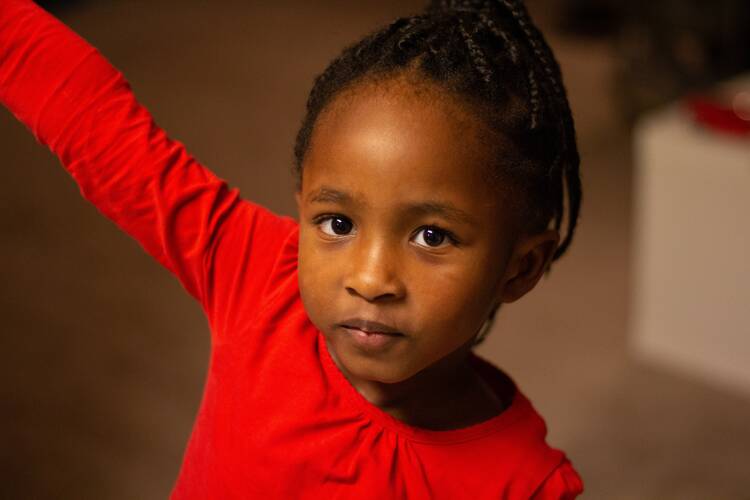A Homily for the Twenty-first Sunday in Ordinary Time
Readings: Isaiah 22:19-23 Romans 11:33-36 Matthew 16:13-20
Some have asked, just how true are the Gospels? You cannot answer that question without considering their unique status as revelation, which is to say, as personal encounter. The Gospels present facts but only so that they may pose questions—questions God asks of us.
Today’s Gospel is a good example. Jesus puts a question to his disciples. St. Matthew records the query but not without raising questions for us. That is always the way with the Gospels. Never the facts alone but always the question: What does this mean to me?
He asked his disciples,
“Who do people say that the Son of Man is?” (Mt 16:13).
The disciples initially respond as we would to such a question. They produce templates, resemblances, which is to say, they assign Jesus to a category. “You are a lot like….”
They replied, “Some say John the Baptist, others Elijah,
still others Jeremiah or one of the prophets” (Mt 16:14).
Our Lord then presses the question home to his disciples.
But who do you say that I am? (Mt 16:15).
And with that question, the Lord of the Gospel pivots and asks the same of us, those who hear the passage now.
Because love is of God, it is essentially unstable, explosive, all-consuming.
Who do you say that I am?
Lest our response be swift but shallow, consider the nature of the question, because others put it to us as well. Friends, lovers, spouses, parents or children—all those who matter to us—pose a question that is never answered once and for all: Who am I to you? They do it daily, though not, if you will, “in so many words.”
What they ask of us (and deserve from us) is more than an acknowledgment of who society says they should be for us. In human life, there is always a gap, sometimes a great one, between what should be and what is. We cannot come back to them with categories. We prescribe meaning on the world by way of categories, but those whom we love impose meaning upon us.
We can give our due to someone who is a category. We can work hard for them, do what circumstances ask, or even demand, of us. We can serve them nigh unto the heroic. But a person is not a category. A person cannot be contained, summarized, appraised.
Is this not what St. Paul meant when he wrote to his flock in Corinth?
If I speak in human and angelic tongues
but do not have love,
I am a resounding gong or a clashing cymbal.
And if I have the gift of prophecy
and comprehend all mysteries and all knowledge;
if I have all faith so as to move mountains
but do not have love,
I am nothing.
If I give away everything I own,
and if I hand my body over so that I may boast
but do not have love
I gain nothing (1 Cor 13:1-3).
Because love is of God, it is essentially unstable, explosive, all-consuming. Categories help us to contain the world and its denizens, but to love another is to lose the self, to collapse into another who becomes our world. Blaise Pascal put it well when he wrote, “Passion cannot be beautiful without excess; one either loves too much or not enough.”
Who am I to you? Friends, lovers, spouses, parents or children and Christ himself put this question to us. Do not come back with a category. You have got to come at it with yourself.








